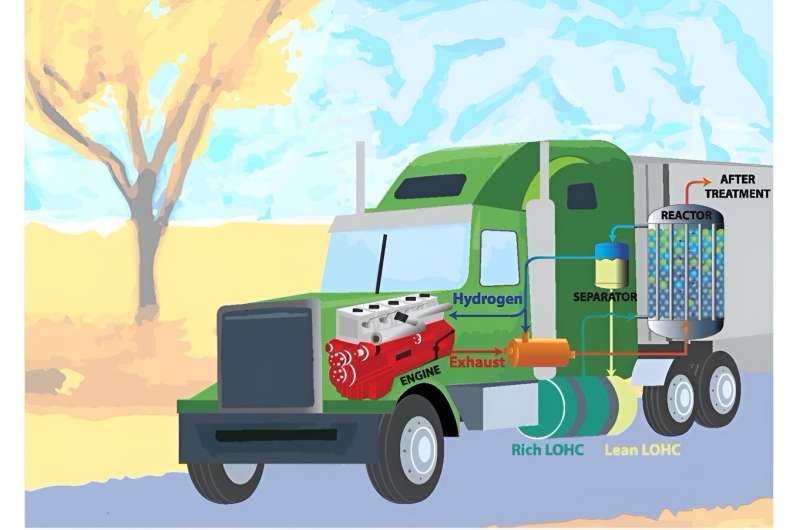Human beings might have proven themselves to be good at gazillion different things, but our most standout ability remains rooted in the way we can grow at a consistent pace. This commitment towards growth has …
Human beings might have proven themselves to be good at gazillion different things, but our most standout ability remains rooted in the way we can grow at a consistent pace. This commitment towards growth has brought the world some huge milestones, with technology emerging as quite a major member of the group. The reason why we hold technology in such a high regard is, by and large, predicated upon its skill-set, which guided us towards a reality that nobody could have ever imagined otherwise. Nevertheless, if we look beyond the surface for one hot second, it will become clear how the whole runner was also very much inspired from the way we used those skills across a real-world environment. The latter component, in fact, did a lot to give the creation a spectrum-wide presence, and as a result, initiate a full-blown tech revolution. Of course, this revolution eventually went on to scale up the human experience through some outright unique avenues, but even after achieving a feat so notable, technology will somehow continue to bring forth the right goods. The same has turned more and more evident in recent times, and assuming one new discovery ends up with the desired impact, it will only put that trend on a higher pedestal moving forward.
The researching team at Massachusetts Institute of Technology has successfully developed a technology, which is designed to leverage liquid organic hydrogen carriers (LOHCs) to unlock a cost-effective way to transport and store hydrogen. This marks a significant breakthrough considering LOHC, which work within existing retail fuel distribution infrastructure, are restricted to being used to deliver hydrogen gas at the disposal of refueling stations. After reaching the station, the gas is then compressed and delivered onto trucks equipped with hydrogen fuel cell or combustion engines.
“This current approach incurs significant energy loss due to endothermic hydrogen release and compression at the retail station. To address this, our work is exploring a more efficient application, with LOHC-powered trucks featuring onboard dehydrogenation,” said William H. Green, the Hoyt Hottel Professor in Chemical Engineering.
Simply speaking, the researchers took on the problem by conceiving a design where they would modify the truck’s powertrain (the system inside a vehicle that produces the energy to propel it forward) to allow onboard hydrogen release from the LOHCs, using waste heat from the engine exhaust to power the “dehydrogenation” process. The stated dehydrogenation process can only happen in a high-temperature reactor, which continually receives hydrogen-rich LOHCs from the fuel storage tank. Anyway, once the reactor relays the hydrogen forward, it is made to go through a separator to remove any lingering LOHC before finally hitting the course to reach the engine. Now, make no mistake, we already have various different techniques to use hydrogen for the purpose of decarbonizing the entire trucking industry, but having said that, we must also acknowledge almost all these methods have some limitation or the other. For instance, the existing options remain unfeasibly expensive due to the high cost of retail hydrogen delivery. The MIT’s latest brainchild, however, has no such downside.
“We present an alternative option that addresses a lot of the challenges and seems to be a viable way in which hydrogen can be used in this transportation context,” said Sayandeep Biswas, an MIT graduate student who was involved in this study and was also recently elected to the MIT Martin Family Society of Fellows for Sustainability for his work in this area. “Hydrogen, when used through LOHCs, has clear benefits for long-hauling, such as scalability and fast refueling time. There is also an enormous potential to improve delivery and refueling to further reduce cost, and our system is working to do that.”




